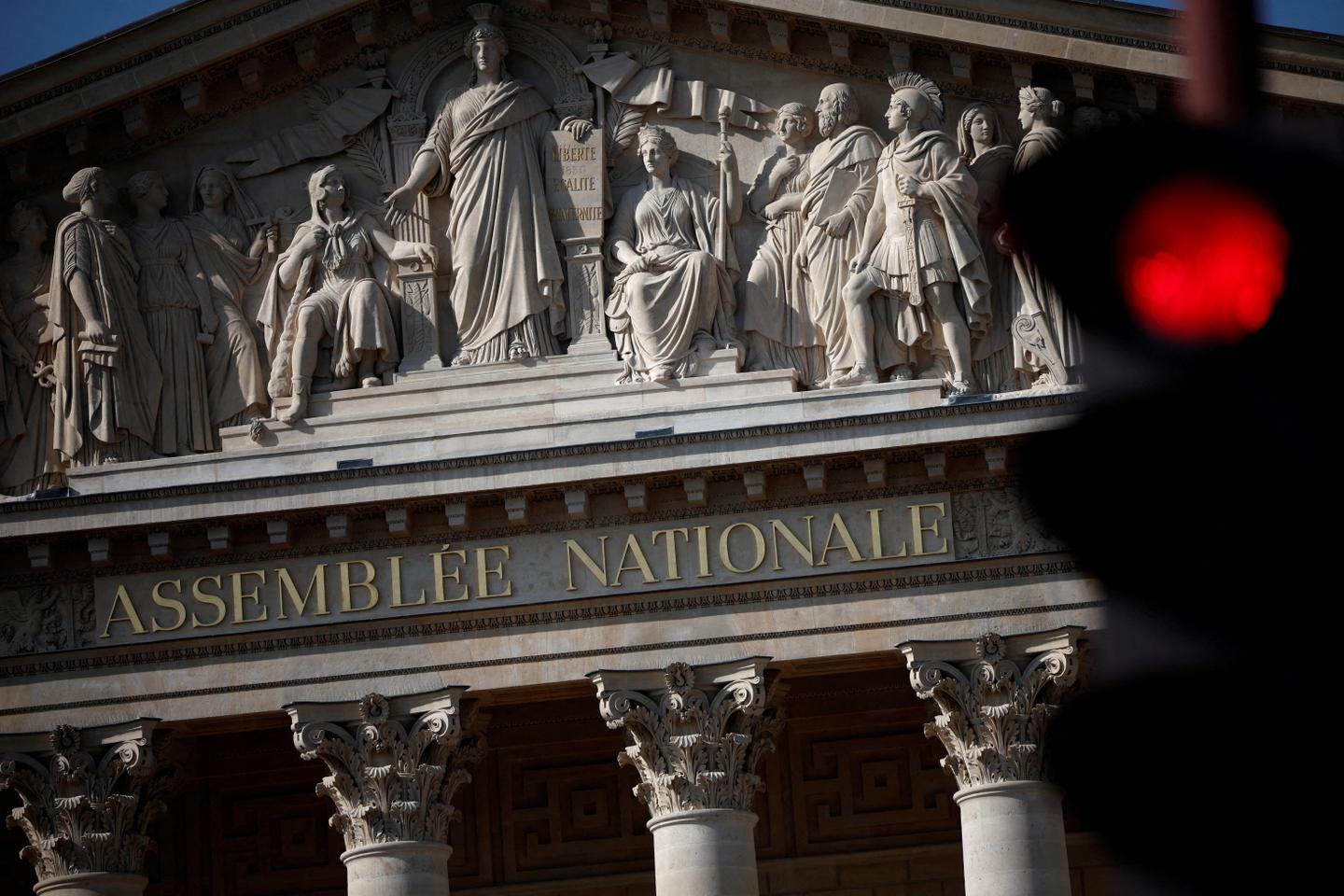


Two weeks after the stunning announcement of snap elections by French President Emmanuel Macron, the dust has begun to settle, revealing a particularly tormented landscape. Before reviewing the political state of play before the two crucial dates with the electorate, on 30 June and 7 July, a reminder of the institutional framework in which these elections will take place is in order.
Macron is far from being the first to use Article 12 of the Constitution of the Fifth Republic, which allows a sitting president to turn the tables without having to ask for anybody's permission. The first dissolution decided by Charles de Gaulle in 1962 was a sanction after France's lower house of Parliament, the Assemblée Nationale, decided to censor the government for opposing de Gaulle's reform on the election of the president by universal suffrage – he was previously elected by an electoral college made up of the 82,000 national and local elected officials, the "grands électeurs". The second dissolution, by the same president, was a plebiscite in disguise, after the massive student protest of May 1968 followed by a general strike.
The next two dissolutions, in 1981 and 1988, were considered technical and occurred after the election of a president from a different political camp than the sitting majority in the Assemblée Nationale. The fifth dissolution has been called a "dissolution of comfort." A sitting president elected in 1995, Jacques Chirac, sought to obtain a reinvigorated majority two years later, only to end up with a victory of the opposition. The humiliation was great for the man who presented himself as the political heir to Gaullism. Chirac's wife, Bernadette, bore for years a nagging grudge against the man who had pushed the president to dissolve the Assemblée: his closest adviser, Dominique de Villepin.
As misfortune never comes singly, Chirac had to accept, in 2000, the reduction of the president's term from seven to five years. The reform was proposed by one of his old enemies, former center-right president Valéry Giscard d'Estaing, who had always believed that Chirac had secretly worked for his defeat in 1981 – France instead elected its first Socialist president, François Mitterrand. With Giscard's reform, the discrepancy between the president's term and the lawmakers' was resolved. MPs would now be elected in the wake of the presidential election, for five years also.
Parliamentary regime
If the Fifth Republic had been designed to give France stability by providing the executive branch with solid constitutional powers (and ensuring that the government has a say in Parliament's agenda), these don't protect the president from political alternation in the event of strong unpopularity, the temptation to play with fire, or both – which seem to be the case today. And once he decides to dissolve, the president can't do it again for another year. The key word then is "cohabitation," which means that the president and the prime minister are from different political camps, and that the country is not led by the president but rather by the prime minister.
You have 42.65% of this article left to read. The rest is for subscribers only.
